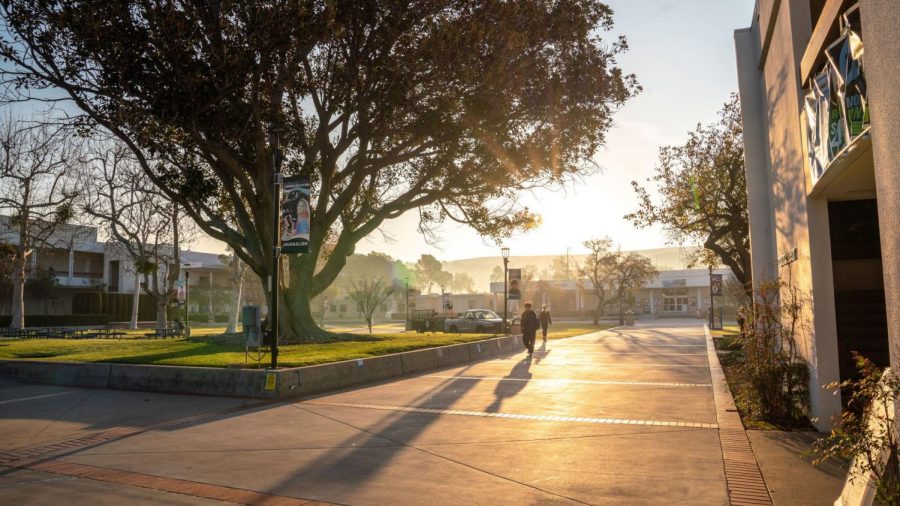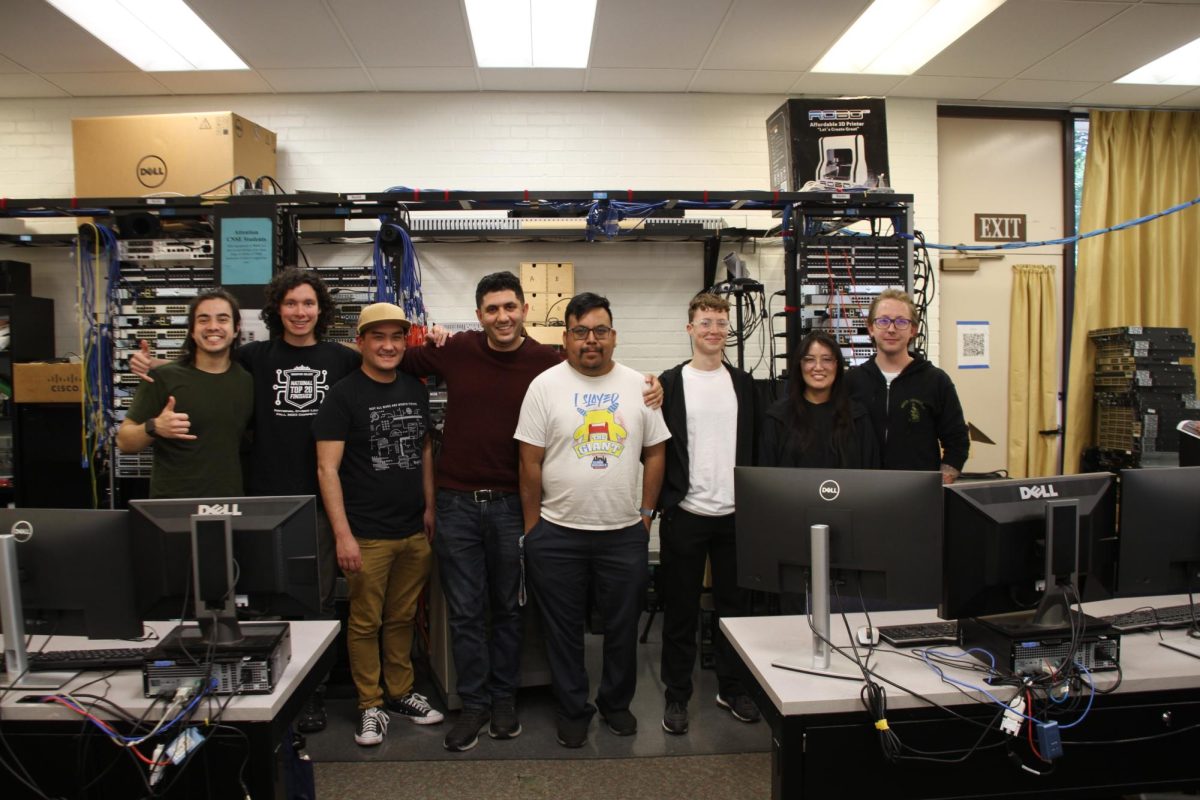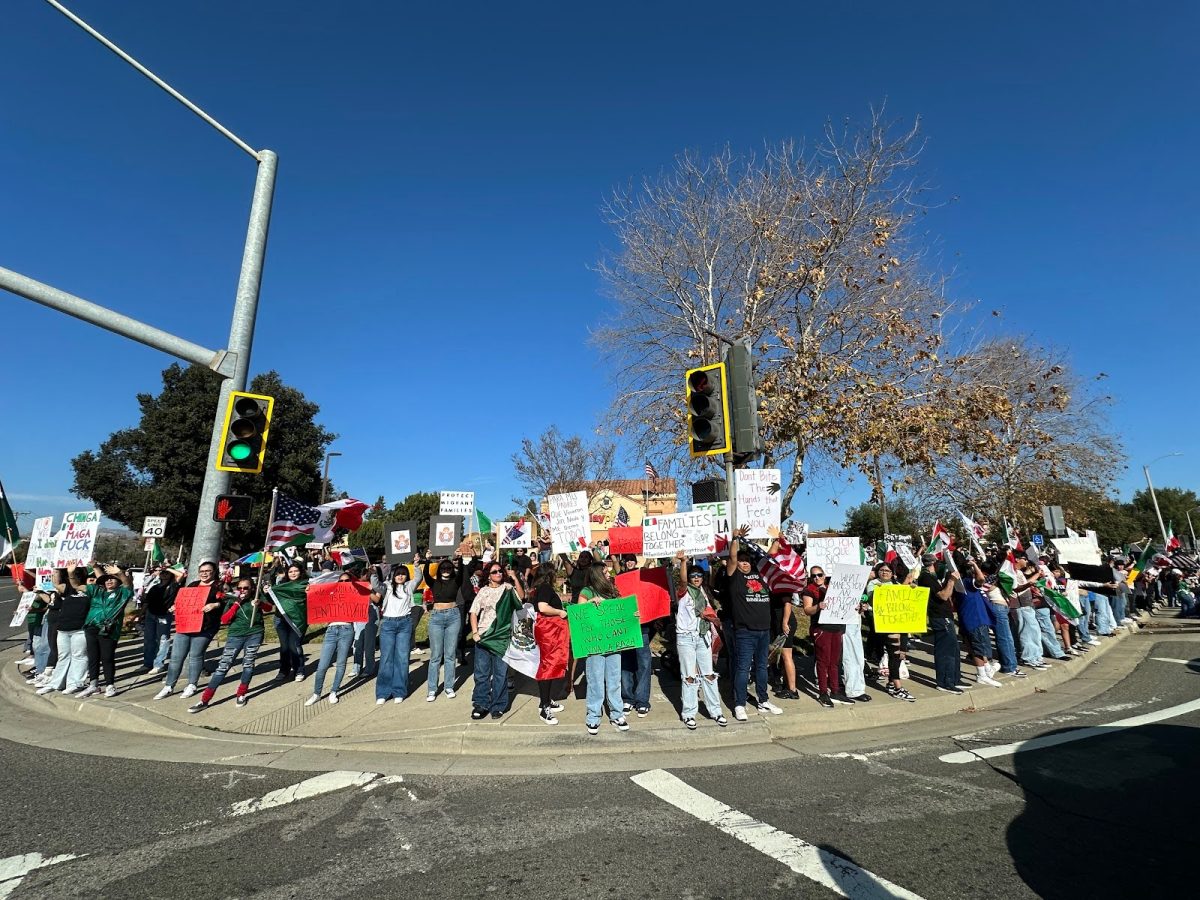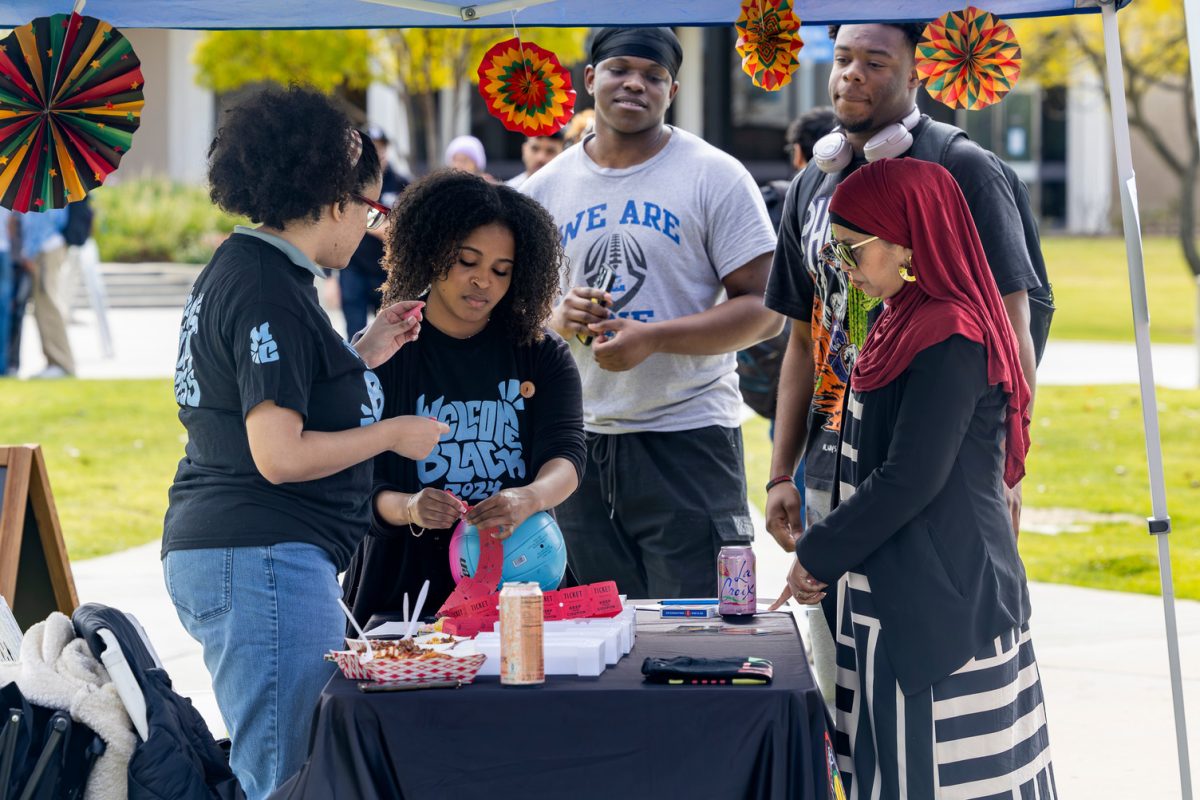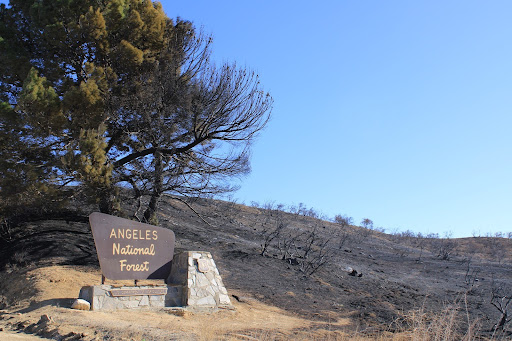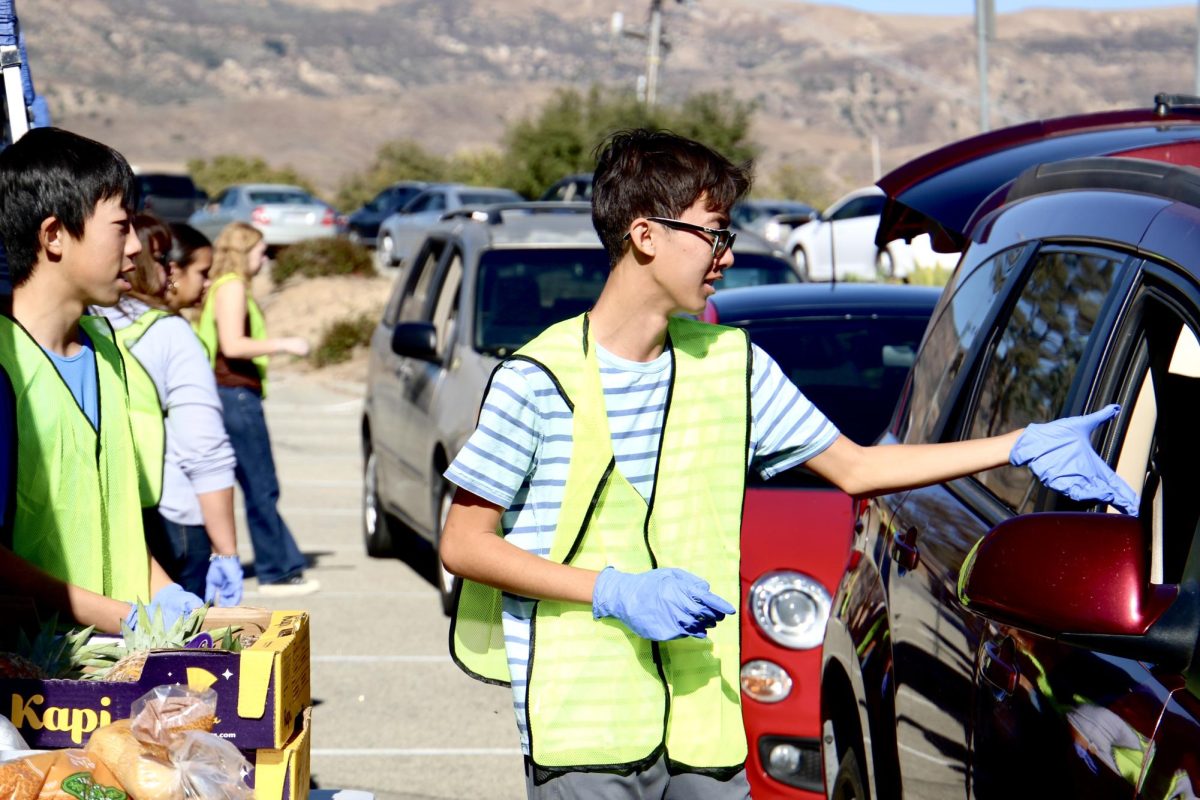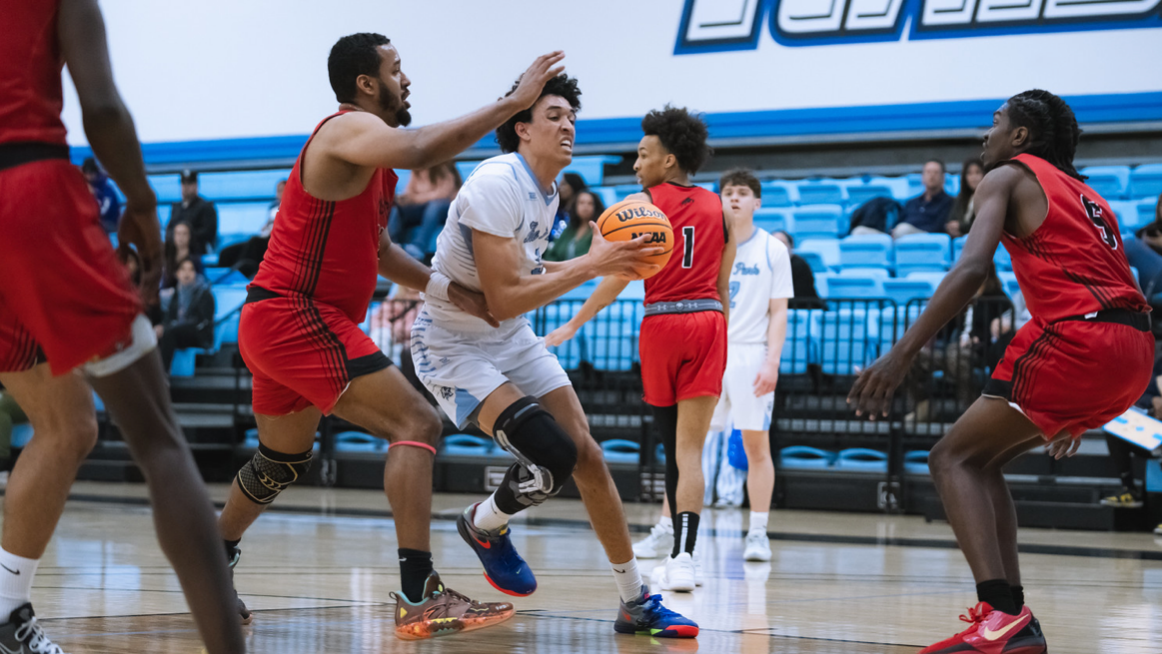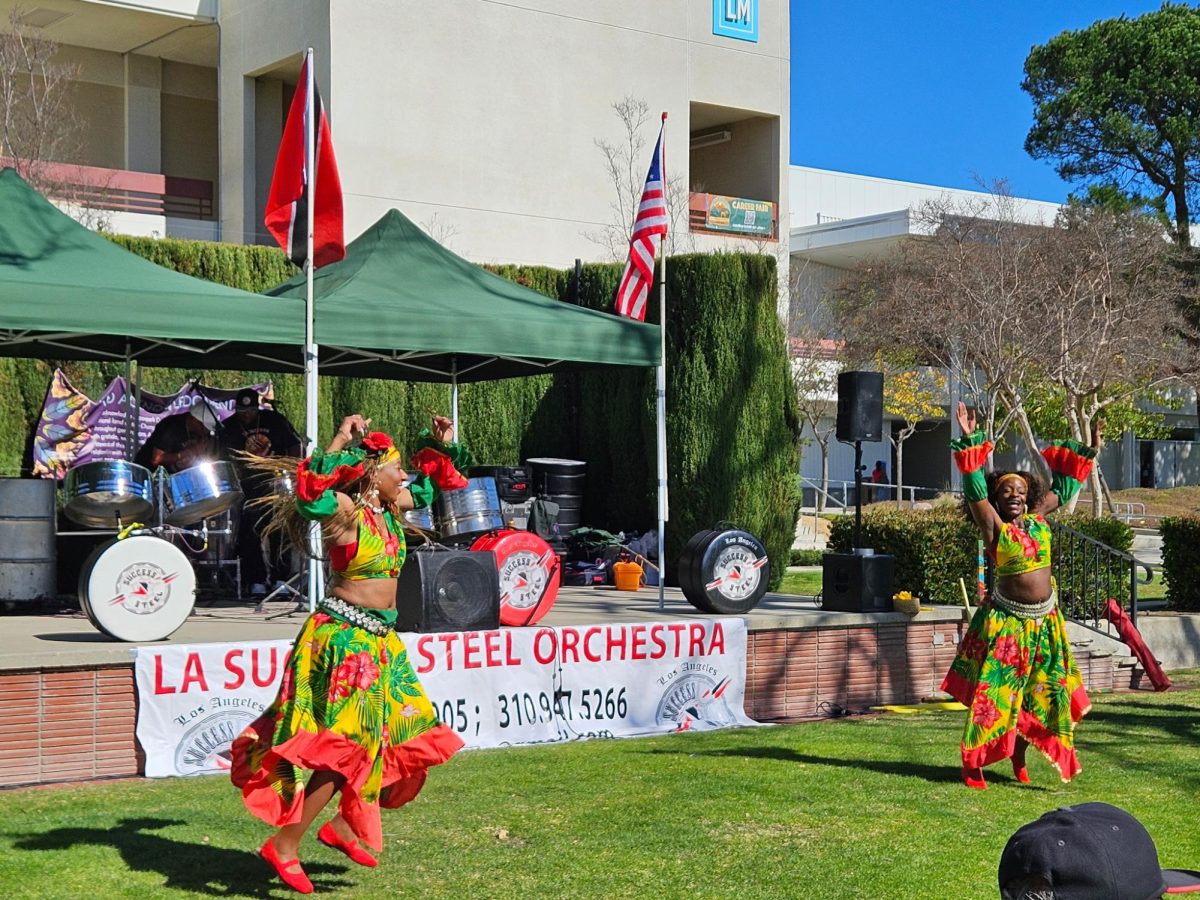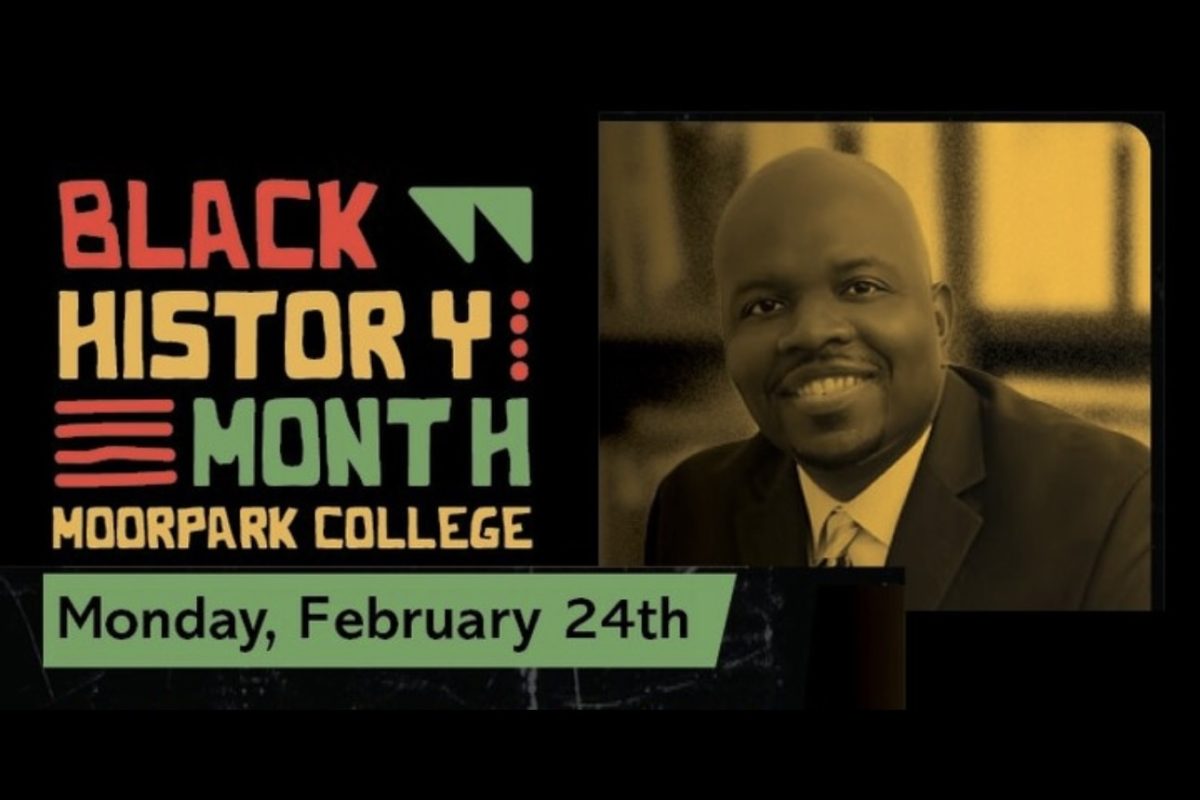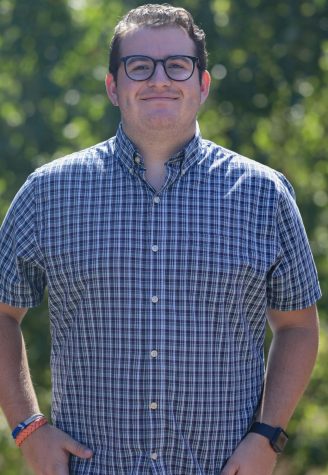In association with the Black Student Union, Moorpark College organized the Black Leadership and Identity panel in their monthlong celebration of Black History Month.
Julius Sokenu, interim president of Moorpark College, and Gerald Richardson III, president of the Black Student Union, moderated the panel conversation.
The discussion opened with President Sokenu asking all panelists about their path to leadership in their community.
The panelist concurred that many of their leadership journeys began at home with their parents’ encouragement and a desire to make their communities better and stronger.
One of the panelists was Dr. Lande Ajose, a Senior Policy advisor to California Governor Newsom.
Ajose spoke on her childhood and her mother’s misfortune when visiting her family in Nigeria.
“My mother went back to Nigeria to visit her family, and her passport and green card were stolen,” Ajose began. “She wasn’t able to come back to the United States and it took her 10 years to re-immigrate to the United States, and in that period of time, I lived on my own. I lived as a foster child. I was fortunate enough to go to college, though there were many, many people who didn’t share the same expectation that I would go to college, as my mother did.”
Ajose emphasized passion for education and how her role as the Senior Policy adviser to Governor Newsom impacts her drive toward leadership.
She did not give up easily when everyone told her that she wouldn’t go to college.
“Determination is essential.” stressed Ajose. “Not taking no for an answer is essential. Everything I do now is predicated on education, not just for my own children but also for all of California students. And so, I’m deeply, deeply committed to ensuring access, meaningful access, for California students. Particularly those students who come from circumstances where one may not think that they’re quote-unquote college material. Those are the students we need to reach out to the most.”
The panel shifted the tone for a later question regarding sexism and the negative portrayal of black women in the black community.
A community submitted question was directed specifically to the women on the panel. Among the women on the panel was Mayor of Compton, Aja Brown.
The question asked by Pauline Nassar, a representative from the Brilliant Minds Youth Foundation, one of the leading think tanks for Black youth in California, was directed to both Ajose and Brown.
The question asked about how Black women are misunderstood in the workplace.
“Have you had experience with this trope or other negative stereotypes that are too often ascribed to Black women? If so, how would you have handled it?” asked Nassar.
Ajose spoke on the idea that many in the workplace don’t have experience working with strong Black women
“I mean, many people in the majority don’t know Black people at all, right,” began Ajose. “A lot of them have never really had an experience with a Black woman and I think that you know, the challenges, there’s a challenge, obviously in terms of race, but then there’s the double challenge of both racism and sexism and how those can be layered together. That can create particular challenges, I think, for Black women. But, you know, I look at 2020, and 2020 was the year of the Black woman. I’m sorry, but, you know, Kamala Harris, and Stacey Abrams and Shirley Weber. Come on.”
Brown echoed the sentiment that 2020 was the year of Black women in this country and spoke on her own experiences on her journey to being elected the Mayor of Compton.
“The structures of society and the images that are intentionally depicted of Black women provide another mountain which we have to climb and address,” stated Brown. “The marginalization, I also believe, of Black woman, has added a very unique challenge to Black women to obviously not only exist in our agency but also to address challenges. And I can just say my own experience, being a young Black woman elected official in a role, there weren’t very many examples of women of my age group.”
Brown breaks the mold of what a Black woman can do in local government as the Mayor of Compton. She spoke on how Black women are continuing to find success in fields otherwise unable.
“People have to really check themselves and adjust their own expectations and then come with an objective mindset in dealing with Black woman,” Brown added. “As Dr. Ajose said, we are not only powerful but capable, but we have been consistent. We have always been this way. We have always been nurturers, we have always been visionaries, we have always been problem solvers, we have always been just powerful in every single way. We’ve always been healers, we’ve always been this way. “
The panel concluded with a Q&A session with questions submitted by students and vetted by the moderators.
“How comfortable are you with personal failure? In the community, we often hear failure isn’t an option, even though a lot of it is out of our control.” A community member asked.
Assembly Member Mike Gipson took the first crack at answering from his own experiences.
“It hurts, right, but it’s an opportunity for me because I’m my own worst critic,” explained Gipson. “I’ll beat myself up, but guess what? It gives me an opportunity to get better the next time and do it better the next time. And so, I take that and I challenge myself. I challenge myself each and every time I take that weakness and channel it into a strength so that I can be better with it because, you know, my story.”
The sentiment left at the end of the panel was that during Black History Month, it is essential to celebrate and learn from Black culture and society to find the similarities and differences that make it unique and soak in the wisdom that Black leaders can provide to the community.

